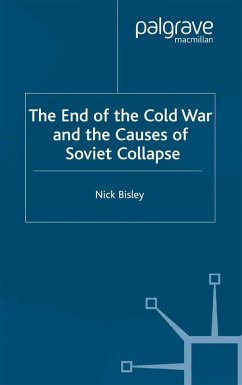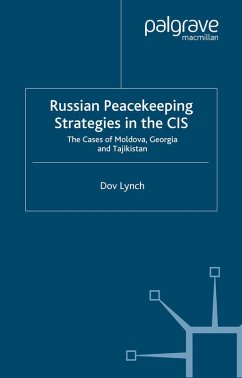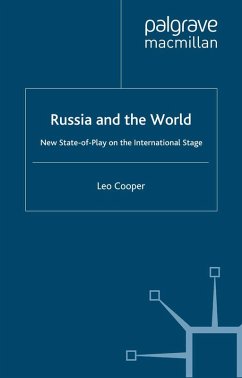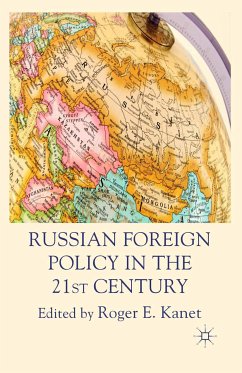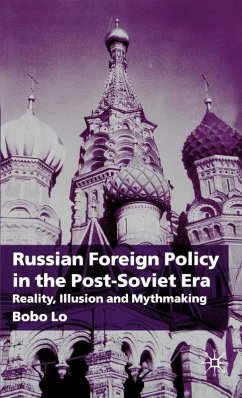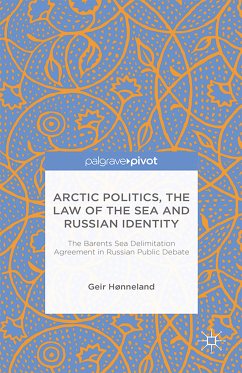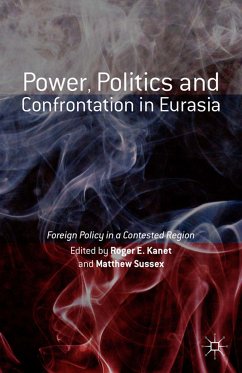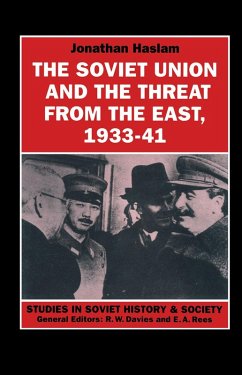Soviet efforts to end the Cold War were intended to help revitalize the USSR. Instead, Nick Bisley argues, they contributed crucially to its collapse. Using historical-sociological theory, The End of the Cold War and the Causes of Soviet Collapse shows that international confrontation had been an important element of Soviet rule and that the retreat from this confrontational posture weakened institutional-functional aspects of the state. This played a vital role in making the USSR vulnerable to the forces of economic crisis, elite fragmentation and nationalism which ultimately caused its collapse.
Dieser Download kann aus rechtlichen Gründen nur mit Rechnungsadresse in A, B, BG, CY, CZ, D, DK, EW, E, FIN, F, GR, HR, H, IRL, I, LT, L, LR, M, NL, PL, P, R, S, SLO, SK ausgeliefert werden.

